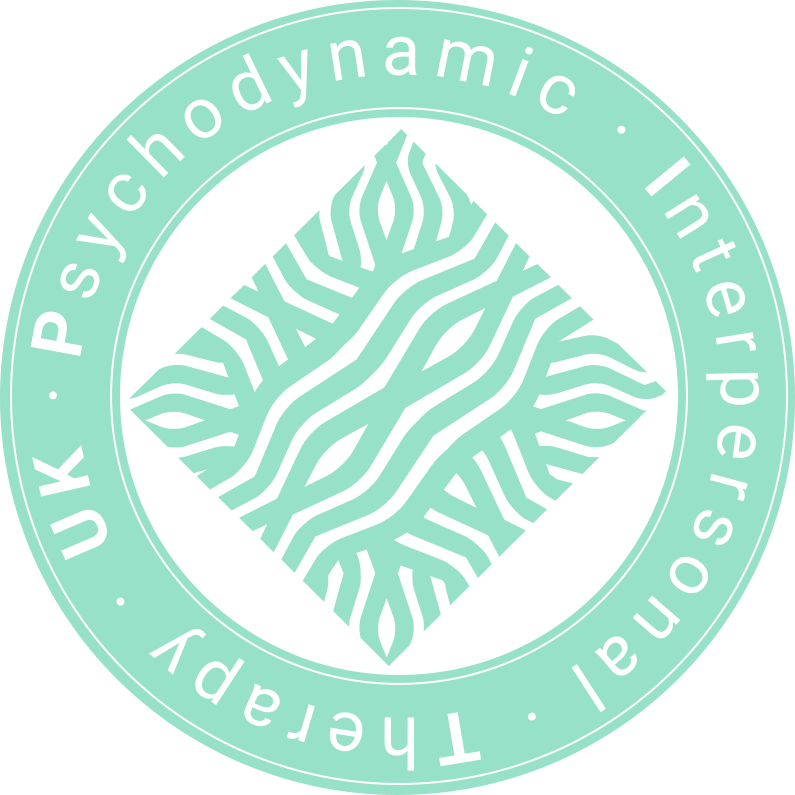Psychodynamic Interpersonal Therapy (PIT) is a type of psychological treatment designed to help people with a range of different problems. The therapy takes the form of an in-depth conversation between two people (client and therapist), in which the client’s difficulties are explored and hopefully resolved. In this sense, PIT sessions bear some resemblance to the kind of “heart to heart” conversation that we might have with a trusted confidante about a personal problem. PIT is more than this, however, because the therapist is trained to help focus the conversation on the most important issues for the client, and support them with any difficult feelings that this brings up.
PIT stems from the fact that people with psychological problems such as depression often report problems with managing their feelings, as well as difficulties in their relationships with other people. The PIT conversation therefore focuses on:
- the client’s emotional life (which is what the term “psychodynamic” refers to);
- the client’s relationships with other people (which is what the term “interpersonal” refers to); and
- how problems with managing feelings and relationships might link with difficult experiences in the client’s past, particularly with their parents or other important people
The goal of the conversation is for the client to get a better understanding of their difficulties with feelings and relationships, so that they can manage their personal problems more effectively. The expectation is that this will lead to an improvement in their psychological symptoms as well. To do this, the therapist will often encourage the client to focus on and “stay with” difficult feelings that they experience during therapy sessions, including their feelings about the therapist. This can be difficult at first, but many people find that it becomes easier over time.
Is there any evidence that it works?
There has been a lot of research on PIT, including several randomised controlled trials. The available evidence indicates that it is an effective treatment for depression, some functional somatic disorders (e.g., chronic unexplained pain or bowel disturbance), deliberate self-harm, borderline personality disorder and people with multiple physical and mental health problems.
PIT has not been tested as a treatment for other mental health problems and is therefore not normally offered as a “frontline” therapy in these cases; it may, however, be offered where other treatments (such as CBT) have not worked or are not suitable, where the presenting problems seem particularly amenable to PIT, or where the client expresses a particular preference for PIT.
This leaflet may be freely copied for non-commercial purposes only.
You can read or download the full leaflet
